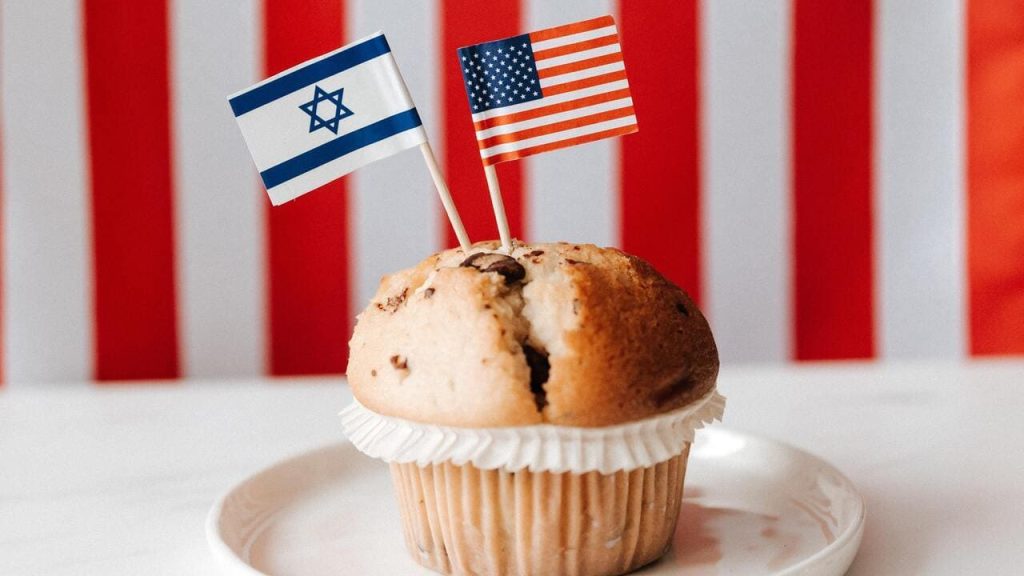
Cultural identity refers to the sense of belonging and self-awareness that arises from our connections to the traditions, customs, and heritage of a specific cultural group.
It encompasses aspects such as language, religion, cuisine, clothing, and social norms.
Our cultural identity influences how we perceive ourselves, how we interact with others, and how we understand the world around us.
The Development of Cultural Identity
Early Life Influences
Our cultural identity begins to form in our early years, as we absorb the traditions, customs, and values of our family and community.
Children learn their cultural practices and beliefs through observation and imitation, as well as through stories and folklore passed down through generations.
This process helps them develop a sense of belonging and pride in their cultural roots.
The Role of Community
Communities play a crucial role in shaping our cultural identity. They provide us with a supportive environment in which we can explore and celebrate our cultural heritage.
Through community events, rituals, and gatherings, we can strengthen our connections to our cultural roots and form bonds with others who share our values and beliefs.
The Importance of Cultural Identity
Personal Growth and Self-Understanding
A strong cultural identity fosters personal growth and self-understanding by providing a foundation upon which we can build our sense of self.
It allows us to explore our values, beliefs, and personal history, helping us to develop a deeper understanding of who we are and where we come from.
Social Connections and Belonging
Cultural identity also plays a significant role in forming social connections as digital identity and fostering a sense of belonging.
By identifying with a specific cultural group, we can find common ground with others who share our backgrounds and experiences.
These connections can provide us with a sense of security and support, as well as a network of individuals who can help us navigate the challenges of life.
Preserving Cultural Diversity
Cultural identity is essential for preserving the rich tapestry of cultural diversity that exists around the world.
By embracing our own cultural identity and respecting the identities of others, we can foster a more inclusive and tolerant society that celebrates the unique contributions of each cultural group.
Challenges to Cultural Identity
Globalization and Cultural Homogenization
As the world becomes increasingly interconnected through globalization, there is a growing concern that cultural diversity may be lost in favor of a homogenized global culture.
The spread of Western culture and values can overshadow local customs, traditions, and heritage, leading to a dilution of cultural identity in some regions.
It is important for individuals and communities to actively preserve their unique cultural identities in the face of these challenges.
Assimilation and Cultural Loss
Another challenge to cultural identity comes from the pressure to assimilate into a dominant culture, particularly for immigrants and minority groups.
In some cases, individuals may feel the need to suppress or abandon their cultural identity to fit in with the majority culture.
This can result in a loss of cultural knowledge and traditions, as well as feelings of disconnection and isolation from one’s roots.
Celebrating and Preserving Cultural Identity
Encouraging Cultural Exchange
One way to celebrate and preserve cultural identity is by encouraging cultural exchange and learning from one another.
By engaging in open dialogue and sharing experiences, we can foster a greater appreciation for the diverse cultural backgrounds that make up our society.
This can also help to break down stereotypes and promote understanding between different cultural groups.
Supporting Community Events and Institutions
Another key aspect of preserving cultural identity is supporting community events and institutions that celebrate and teach about different cultures.
By attending cultural festivals, visiting museums and cultural centers, and participating in educational programs, we can deepen our understanding of our cultural heritage and that of others.
This not only helps to strengthen our cultural identity but also helps to build bridges between different cultural communities.
Conclusion
Cultural identity is a complex and multifaceted concept that plays a significant role in our lives.
It shapes our sense of self, our relationships with others, and our understanding of the world around us.
By embracing our own cultural identity and respecting the identities of others, we can foster personal growth, social connections, and a more inclusive and diverse society.
As globalization and assimilation present challenges to cultural identity, it is essential for individuals and communities to actively celebrate and preserve their unique traditions, customs, and heritage.
Frequently Asked Questions
1. What is cultural identity?
Cultural identity refers to the sense of belonging and self-awareness that arises from our connections to the traditions, customs, and heritage of a specific cultural group.
2. How does cultural identity develop?
Cultural identity begins to form in our early years through the influence of family and community and continues to develop throughout our lives as we engage with our cultural heritage and participate in community events.
3. Why is cultural identity important?
Cultural identity is important for personal growth, self-understanding, social connections, and preserving cultural diversity in society.
4. What are some challenges to cultural identity?
Challenges to cultural identity include globalization and cultural homogenization, as well as the pressure to assimilate into a dominant culture.
5. How can we celebrate and preserve cultural identity?
Celebrating and preserving cultural identity can be achieved through encouraging cultural exchange, supporting community events and institutions, and actively engaging with our cultural heritage and that of others.
